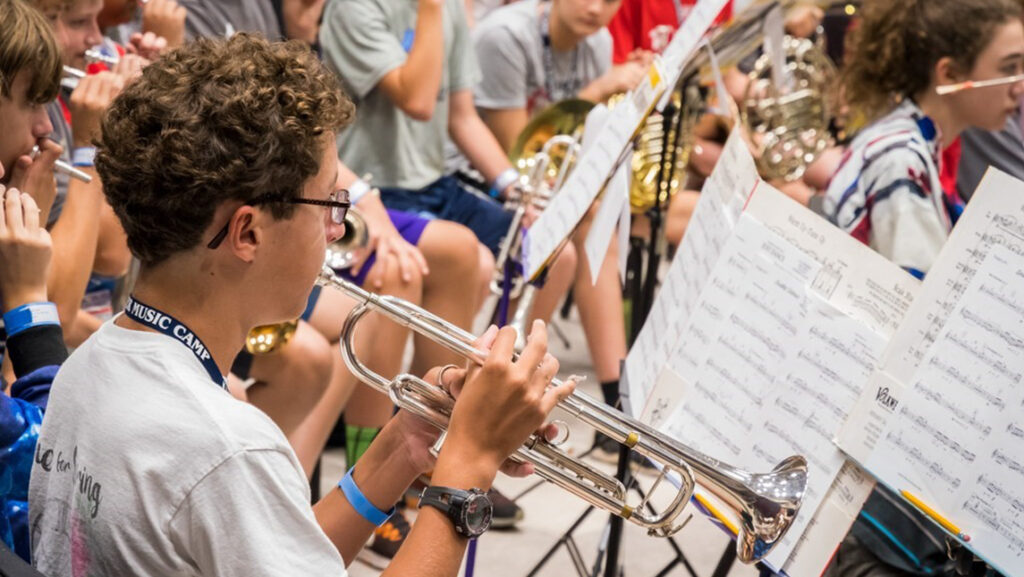
Dr. Yarneccia D. Dyson (Social Work) has received new funding from the Health Resources and Services Administration for the project “Integrated Behavioral Health & Racial Equity Scholars Program.” Dr. Melissa Floyd-Pickard, Dr. Jay Poole, and Dr. Danielle C. Swick are co-principal investigators on the project.
With a special focus placed on the knowledge and understanding of children, adolescents, and transitional-aged youth at risk for behavioral health disorders, this project has the following measurable aims:
Aim 1: To increase the number of interdisciplinary experiential student placements that use a team based to promote the integration of behavioral health into primary care settings in high need and high demand areas. Measures: 1) Stipends provided to 100 JMSW students and 8 JPHD over 4 years; 2) Minimum of 80% of students will demonstrate an increase in their Social Worker Integrated Care Competencies Scale scores over the year; 3) At least 95% of students will receive a grade of ‘B’ or higher in the Telehealth or independent study course; 4) Interdisciplinary training slots will increase from 60% (current) to 75% (benchmark).
Aim 2: To enhance didactic and experiential training activities for students that include modules on trauma informed care, racial implicit bias in health settings, violence prevention, children, adolescents, and transitional-age youth, and enhanced awareness of intersectional identities. Measures: 1) Develop 6 new trainings that focus on integrated behavioral health (two sessions), racial equity and serving racial/ethnic minorities in health settings (two sessions), and addressing violence prevention, and youth from trauma informed approach (two sessions); 2) At least 75% of field placement sites will adopt/include experiential training activities; 3) At least 200 individuals will access the iHelp app.
Aim 3: To extend trainings to students, interdisciplinary faculty, and community-based partners in order to reduce disparities in access to behavioral and public health services and improve health outcomes. Measures: 1) At least 95% of students will receive a passing grade in their field courses; 2) Minimum 80% of participants will show an increase in knowledge scores on pre- and post-tests; 3) Minimum 60% of students will show a decrease in implicit bias scores on Implicit Association Tests.


